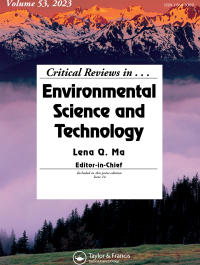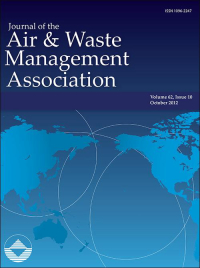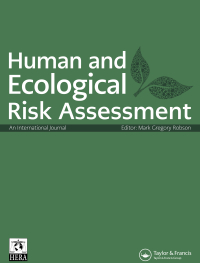Topic Area Focus: Wastewater Treatment
Wastewater treatment is a process used to remove contaminants from wastewater and convert it into an effluent that can be returned to the water cycle. Once returned to the water cycle, the effluent creates an acceptable impact on the environment or is reused for various purposes. The treatment process takes place in a wastewater treatment plant. There are several kinds of wastewater which are treated at the appropriate type of wastewater treatment plant.

Mitigating Climate Impact Within Livestock Manure Production Emissions

Tracking Wastewater Nutrient Overloads Essential to Maintain Balanced Coastal Ecosystems

Detecting Disinfection Chemical Compounds in Wastewaters to Assess Public Health Risk

Cultivating Microplastic Extraction Processes to Produce Potable Clean Water

Establishing Accurate VOCs Measurement Tools to Increase Understanding of Urban Pollution

Creating Open-Source Ecosystems to Strengthen Infrastructures from Environmental Disasters
Ensuring High-Quality Research Output
All submitted manuscripts will undergo desk assessment and peer-review as part of Taylor & Francis' standard editorial processes and procedures. Please review the journal's Aims and Scope and author submission instructions prior to submitting a manuscript.


